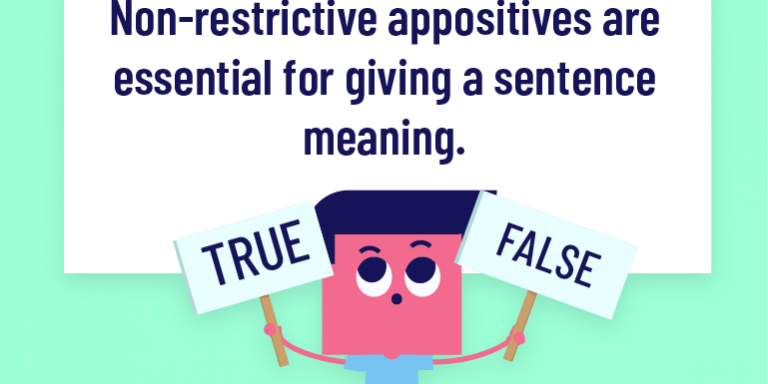- Job Interview SOP (Standard Operating Procedure)
- Companies commonly interview anywhere from 3 to 10 people for a single opening.
- You cannot expect each interview to result in a job offer.
- Not every hiring manager is trained in how to do an effective Job Interviews; some will be better than others.
- You may face one person — or several — in each interview.
- A company located elsewhere may want to interview you via Skype or other web connection before bringing you in.
- So What Do You Control?
You certainly don’t control the whole Job Interviews process, but you do control key elements. Focus on them to increase your probability of success
1. Your Preparation
Review what you know about the job, the organization, and what your research shows about the workplace and culture. Update your research.
Ask who you will Job Interviews with and what role each person plays and then check them out online. This helps your comfort level and can give you insight into any common points with the person or mutual acquaintances.
2. Your Focus
You want to be there fully in mind and spirit. If you are really engaged you will perform far better and make it easier for your brain to work well.
Listening fully before answering questions is a rare skill. Many of us are too busy starting to prepare our answer before the speaker has finished talking.
That Leads to Poor Answers.
You miss effectively connecting with each interviewer. Your brain forgets the success story details that flesh out why you would be a great hire. You may blab too much or clam up – neither is helpful.
You omit questions that are important to your assessment of the actual opportunity.
Think of the interview as an interesting conversation and focus on paying attention throughout.
3. Your Presentation
People hire people they like. Of course they want qualifications but most research shows that it is the initial minute or two that makes the connection or not.
How Do You Deal with that?
Give yourself time to get there, and wear appropriate clothes to reduce extra stress.
Go in ready to show how you solve problems, deal with others, and grow your own skills using specific terms and examples.
Talking about past successes in ways that are relevant to the work you seek gives you confidence that subtly speaks to the interviewer about what a top quality candidate you are.
Be positive.
Know what you want as well as what you offer.
Remember your manners. Demonstrate by your behavior and words that you are interested, excited, and pleased to be there.
4. Your Reactions
Interviews are stressful to both sides. The interviewer needs to make a smart hire in a cost-effective manner. You want the job but need to assess if it really matches your goals.
Do not let small matters upset or overwhelm you. I have seen too many candidates who let one minor thing get to them and ruin the rest of the time.
Sometimes hiring managers make mistakes or are running late. This is not the time to berate the receptionist or the job interview.
Bring a book or, better yet, an industry publication, electronically or in print – you look prepared and interested and will get less antsy.
Be friendly and interested in talking with each person. Be prepared to add more detail to your answers if asked, don’t take offense or wonder why they don’t understand.
If a question makes you uncomfortable, ask calmly what the business issue is that they are trying to discuss.
Don’t assume there is some discriminatory or anti-veterans intent unless there is a strong pattern.
Conclusion
Interviews are an important part of most hiring. A realistic attitude, basic manners, and an interest in other people go a long way. These plus solid preparation help ensure you present your best self and get the information you need to make a good decision.







